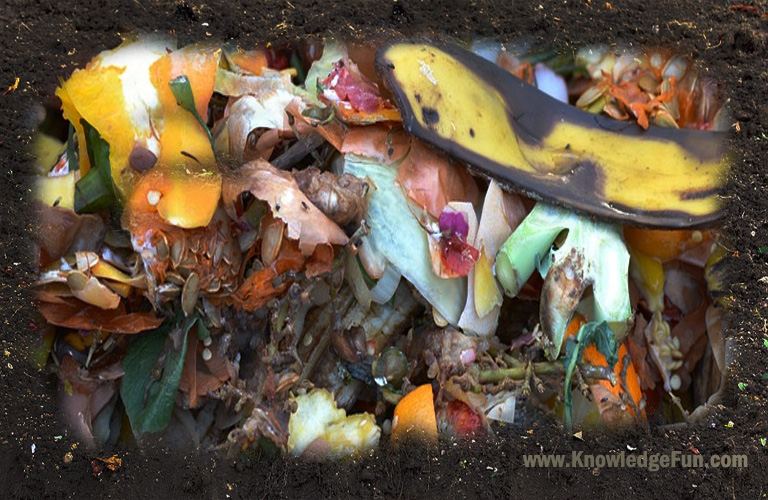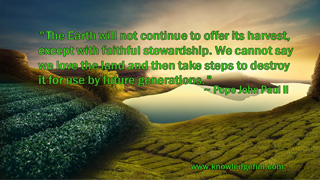Composting Basics
by Steve Solomon
Managing living systems usually goes better when our methods imitate nature's. Here's an example of what happens when we don't.
People who keep tropical fish in home aquariums are informed that to avoid numerous fish diseases they must maintain sterile conditions. Whenever the fish become ill or begin dying, the hobbyist is advised to put antibiotics or mild antiseptics into the tank, killing off most forms of microlife. But nature is not sterile. Nature is healthy.
Like many an apartment dweller, in my twenties I raised tropical fish and grew house plants just to have some life around. The plants did fine; I guess I've always had a green thumb. But growing tired of dying fish and bacterial blooms clouding the water, I reasoned that none of the fish I had seen in nature were diseased and their water was usually quite clear. Perhaps the problem was that my aquarium had an overly simplified ecology and my fish were being fed processed, dead food when in nature the ecology was highly complex and the fish were eating living things. So I bravely attempted the most radical thing I could think of; I went to the country, found a small pond and from it brought home a quart of bottom muck and pond water that I dumped into my own aquarium. Instead of introducing countless diseases and wiping out my fish, I actually had introduced countless living things that began multiplying rapidly. The water soon became crystal clear. Soon the fish were refusing to eat the scientifically formulated food flakes I was supplying. The profuse variety of little critters now living in the tank's gravel ate it instead. The fish ate the critters and became perfectly healthy.
When the snails I had introduced with the pond mud became so numerous that they covered the glass and began to obscure my view, I'd crush a bunch of them against the wall of the aquarium and the fish would gorge on fresh snail meat. The angelfish and guppies especially began to look forward to my snail massacres and would cluster around my hand when I put it into the tank. On a diet of living things in a natural ecology even very difficult species began breeding.
Organic and biological farmers consider modern "scientific" farming practices to be a similar situation. Instead of imitating nature's complex stability, industrial farmers use force, attempting to bend an unnaturally simplified ecosystem to their will. As a result, most agricultural districts are losing soil at a non-sustainable rate and produce food of lowered nutritional content, resulting in decreasing health for all the life forms eating the production of our farms. Including us.

I am well aware that these condemnations may sound quite radical to some readers. In a book this brief I cannot offer adequate support for my concerns about soil fertility and the nation's health, but I can refer the reader to the bibliography, where books about these matters by writers far more sagely than I can be found. I especially recommend the works of William Albrecht, Weston Price, Sir Robert McCarrison, and Sir Albert Howard.





